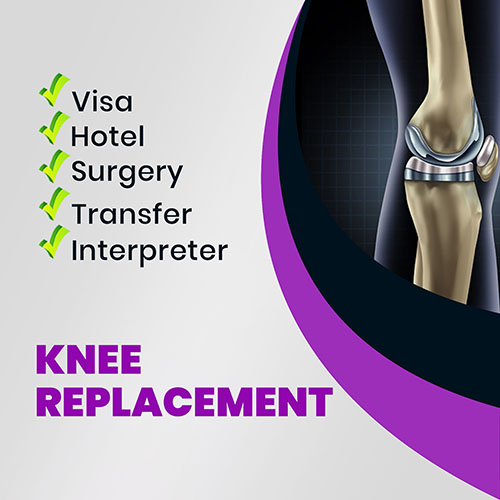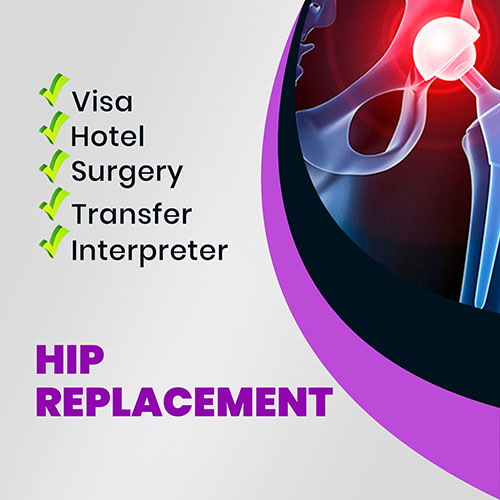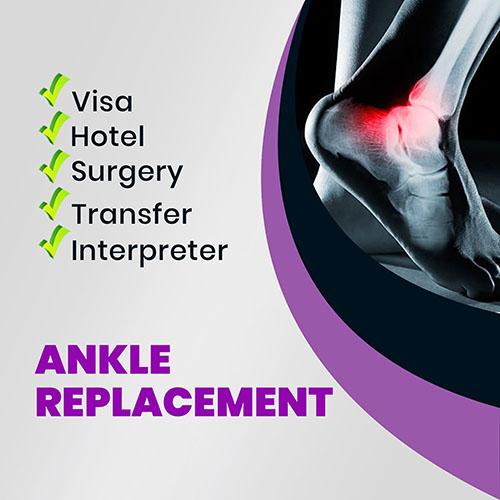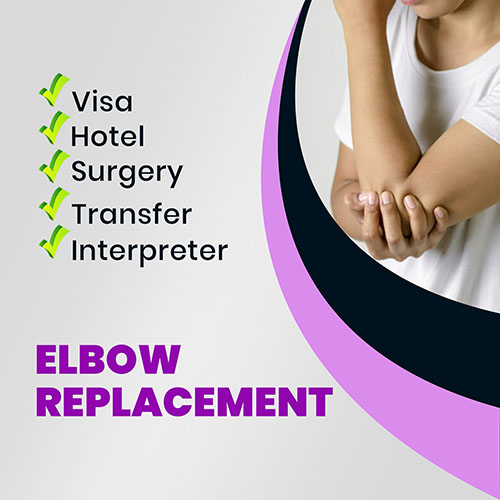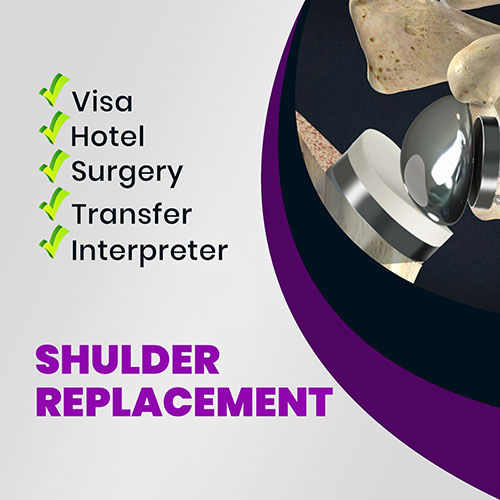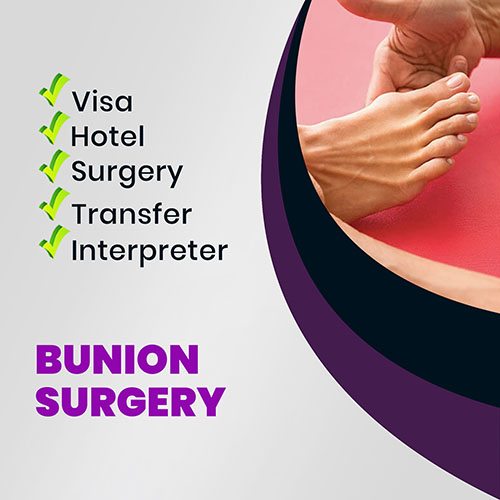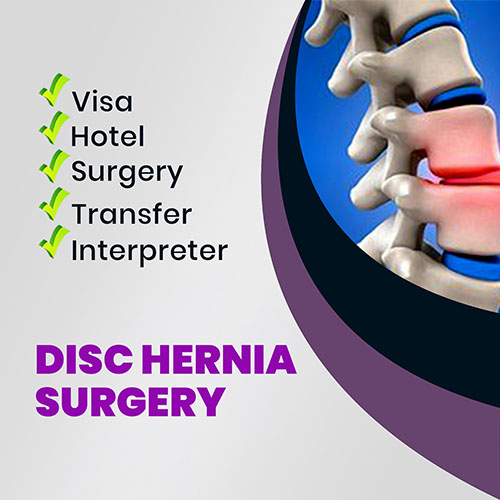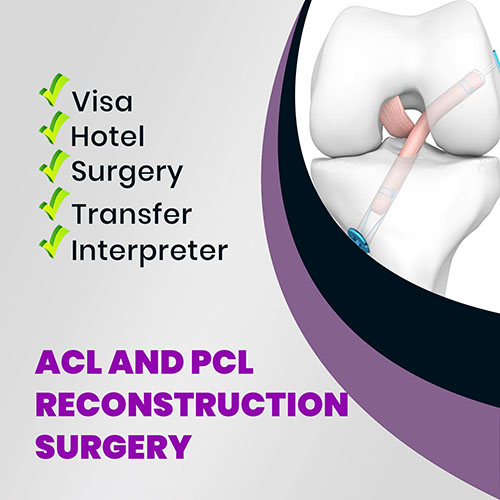We help you live a pain-free life by taking away the pain. Get up, and feel like a new person!
A surgery with top doctors, a short and safe trip from your home country, cheaper prices, and top medical services: what could be better?MahdadMedTour provides the opportunity for patients from outside Iran to receive orthopedic surgeries at an affordable price at multi-specialty hospitals in Iran. We help you make the arrangements for your surgery and stay so that you can have a comfortable, easy experience.
Orthopedics surgery in Iran
Orthopedic surgery is a medical specialty that is dedicated to the surgical treatment of problems related to the musculoskeletal system (i.e. bones and connective tissues such as ligaments and tendons). Orthopedics surgery in Iran includes a wide range of procedures from ACL and meniscus repair to hip replacement to spinal fusion and more. Orthopedic surgery may be performed to treat problems related to conditions, age, or accidents. So it may be carefully planned or completely unexpected. These types of surgeries can also vary greatly in terms of how invasive they are, potential risks, and recovery
When should we see an orthopedic surgeon?
Typically, people come to this specialist because of joint, muscle or bone pain or any discomfort related to movement. If your body hurts, is stiff, is often swollen, or if you have injuries to your joints, bones, muscles, or ligaments, it is best to see an orthopedic surgeon.
If your range of motion is reduced, it is another sign that you should see this specialist. Orthopedic doctors can help you restore your ability to move in specific ways.
If you have a serious injury, these professionals can help you recover as well as prevent further injury. This is why athletes often work with orthopedic surgeons. Common orthopedic surgeon injuries include:
-Rupture of tendons
-torn ligaments
-Fracture of bones that won’t heal with just a cast.
-Fracture of the spine or pelvis due to osteoporosis
There is no need for an injury to see an orthopedic surgeon in Iran. Many people come to them for long-term aches, pains, or loss of mobility.
Common types of Orthopedics surgeries in Iran
Most orthopedic surgeries in Iran involve bones or joints. Some surgeries can be done arthroscopically (looking inside the joint with a camera). Others go through minimal incisions, and others require larger and more aggressive incisions.
Some of the methods of Orthopedics surgery in Iran that are done more often are:
-ACL reconstruction
-Meniscus repair
-Implant removal
-Spinal fusion
-Repairing fractures
-Knee or hip joint replacement
-Shoulder arthroscopy
-Intervertebral surgery
Many people who consult or refer to orthopedic surgeons never need surgery for treatment. Orthopedic surgeons try to consider non-surgical options, if useful, before recommending surgery. While many assume that an orthopedic problem requires surgery to be successfully treated, this is not the way they think.
Methods of preventing the risks of orthopedic surgery in Iran
Any surgery can be associated with some risks. While most of these are manageable and most procedures are very safe, there are potential complications that patients should understand before undergoing orthopedic surgery.
1-Risks associated with anesthesia
There is a wide range of anesthesia options for orthopedic surgery in Iran. The risks of anesthesia in orthopedic surgery can range from mild and temporary (e.g., nausea, chills) to serious (e.g., respiratory problems, cognitive impairment). You may also be allergic to anesthesia. Not every type of anesthesia will be effective for every surgery. And for some people (for example, people with high blood pressure or obesity), a certain type of anesthesia may be considered safer.
2-Risk of infection
Infection is probably the most common concern people have about orthopedic surgery. Management of postoperative infections is sometimes simple. In other cases, the patient may need additional surgical procedures and long-term treatment.
Of course, there are some actions that a person can take to reduce the chance of infection and prevent it.
3-blood clotting
Blood clots can cause a problem called deep vein thrombosis (DVT) in the veins after orthopedic surgery. Sometimes DVTs can move from the veins to the lungs, where they can cause a pulmonary embolism (PE).Often, the surgeon will recommend treatment options such as compression or blood thinners to prevent blood clots.
Recovery after orthopedic surgery in Iran
Making sure you have the equipment, medications, and other supplies you need after surgery will help get your recovery off to a good start. Recovery after orthopedic surgery in Iran depends on the specific procedure performed by the surgeon as well as factors such as your age and following the doctor’s recommendations. Recovery in most cases involves some type of treatment after surgery to restore joint mobility and restore strength to the limb. In addition, in many orthopedic conditions recovery may take longer with poor mechanics or function of a limb.For example, many people who have a rotator cuff tear in their shoulder can take months or more to heal.

